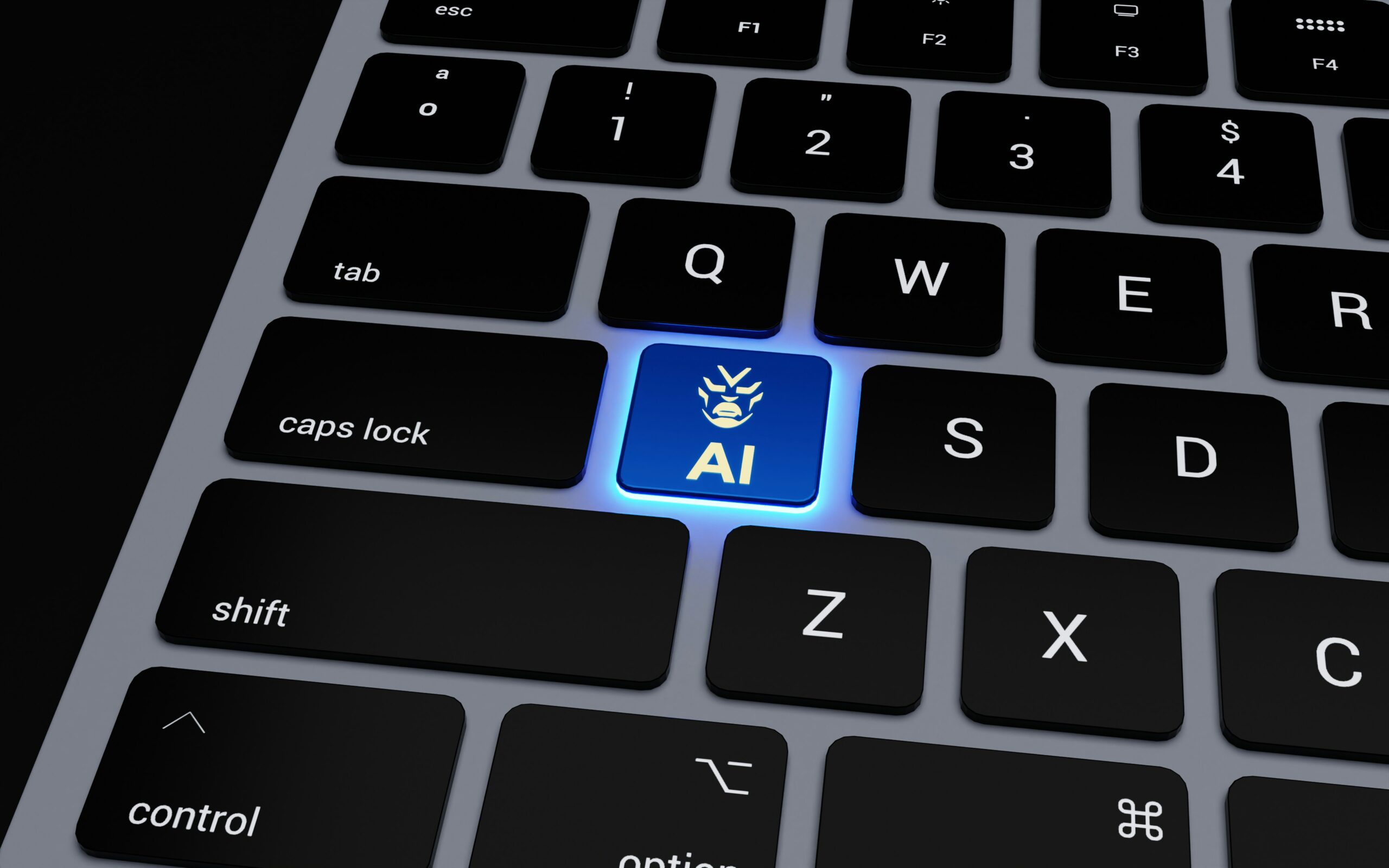The use of artificial intelligence (AI) in business may seem like a new phenomenon because of the advanced ways in which it’s currently being used, but the reality is that it’s actually been part of professional operations for a lot longer than we give it credit for, albeit in a far simpler form.
One of the first implementations of AI in business was in customer support in the form of chatbots, and not only are they still very much being used, but they’ve become a significant part of operations.
AI-powered intelligent assistants are not only useful, but they’ve become an integral component of customer service strategies, providing way more functionality than we could have ever dreamed of. So much so, in fact, that the possibility of them replacing human agents is no longer a mere possibility – it’s starting to happen.
What Opportunities Do AI Chatbots Offer in Customer Support?
The primary reason behind using AI chatbots in customer service and support is that it not only automates a very tedious and time-consuming process, but it also ensures that customers are dealt with quickly and professionally.
Here are some of the main things that make AI chatbots useful in customer support:
- Cost Efficient: One of the main reasons why companies first start using AI chatbots is because it’s significantly cheaper than hiring humans to do the same tasks. It means that businesses can cut their customer support teams in half while simultaneously improving the quality of support by means of consistency and more.
- Available 24/7: Unlike humans, chatbots are available and able to answer questions and respond to enquiries all day, every day, no matter the time. Since the world is increasingly operating in a system of global communication, it’s become incredibly valuable to be able to have chatbots that are able properly (and professionally) to respond to customers at any time of the day.
- Instant Responses: Not only are chatbots constantly available, they are also able to respond to enquiries instantly. This tends to improve customer satisfaction, as they don’t have to spend any time waiting for a human to get back to them.
- Access to Big Data: AI-powered platforms have access to big data in a way that humans simply don’t. But, not only do they have access to the data, they have the ability to analyse it instantaneously, drawing conclusions that would take even the best human analysts forever.
- Personalised Assistance: Since AI chatbots can access and analyse big data, they have the ability to provide customers with personalised assistance. That is, by simply having access to any and all information pertaining to the customer in question, the chatbot is able to use that information to respond to them in a personal way that is specifically tailored to them and their needs.
- Consistency: Humans, whether a good or a bad thing, are intrinsically inconsistent in terms of their behaviour, even when making a concerted effort to be consistent – it’s just human nature. Even if your employees were to be the most consistent people in the world with regards to customer relations, they still cannot be 100% consistent. But, AI chatbots can, and that means that every customer will receive exactly the same treatment every time they reach out to support.
- Scalability: By using AI chatbots in customer support, businesses won’t have any difficulties in scaling up operations as they won’t need to pay more to support more customers. Meanwhile, if the company were to use humans for customer support, handling more customers means having to hire (and pay) more customer support employees which is expensive and time-consuming.
There’s no doubt about the fact that using AI chatbots in customer services makes operations more efficient and cost-effective in the long run. But, that doesn’t mean that there aren’t also a few negatives to consider.
Challenges Involved in Using AI Chatbots in Customer Support
Unsurprisingly, making use of chatbots introduces a variety of challenges, even though they do tend to make things easier overall.
- Limited Emotional “Understanding”: Chatbots don’t have the ability to understand or interpret emotion at all, so if customers’ enquiries involve emotion (perhaps they’re angry or frustrated), a chatbot simply won’t be able to respond appropriately. Most of the time, people understand this, but it can lead to some frustration.
- Inability to Deal with Complex Enquiries: It can be difficult for chatbots to deal with enquiries that are more complex than normal since they can only respond within the scope of the information they’ve been provided.
- Chatbot Strength Depends on Training and Data Quality: An AI chatbot is only going to be as good as the data it’s trained with, and that’s up to the company in question. If you don’t provide it with enough information, or if the information in question isn’t very strong, the chatbot simply isn’t going to be able to function very well.
- Potential for Miscommunication: Since chatbots don’t have the emotional capacity and they don’t have the ability to actually understand anything at all, there’s always room for miscommunication. Simple misunderstandings aren’t the end of the world, but it can be frustrating for customers who just want to talk to a human.
What Does the Future of Customer Support Look Like?
AI chatbots may not be perfect – they’re absolutely not – but even so, they have a great deal to offer businesses and customer support efforts in particular.
By automating previously time-consuming and expensive processes, AI chatbots allow businesses to save a great deal of money, improve scalability and increase consistency in customer relations.
Many predict that AI chatbots are only going to improve in their capabilities in the years to come, becoming more intelligent and better at dealing with complex queries and situations that involve emotion.
Of course, there will always need to be human moderators around to make sure that things are running smoothly, but ultimately, it seems like AI chatbots are here to stay.

